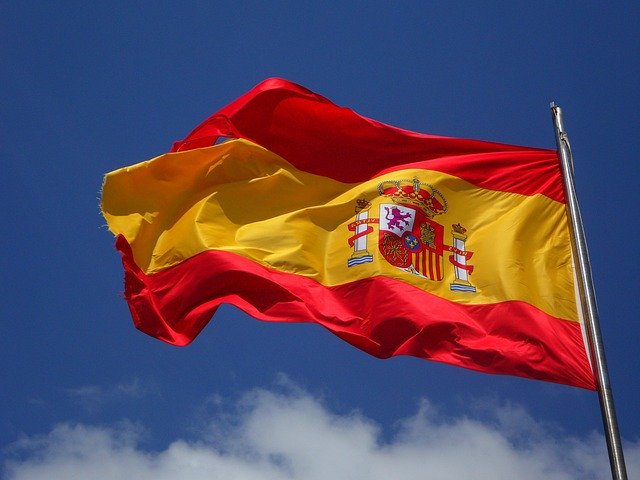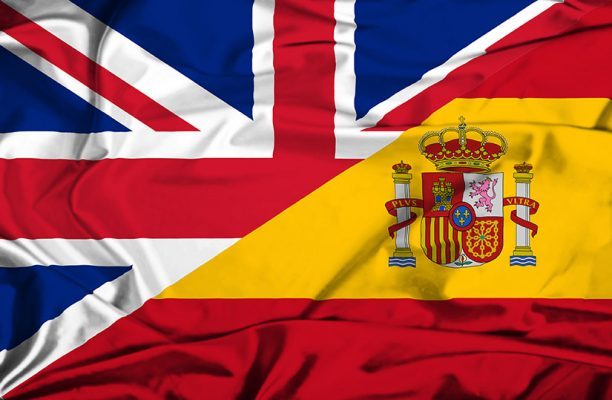
Brexit causes yet more money worries for Brits in Spain
Sue Wilson examines concerns over the news that British banks are cutting off customers living in the EU thanks to Brexit.
British citizens across Europe have recently received letters from some of the UK’s biggest banks, advising that their UK-based bank accounts will be closed when the Brexit transition period ends. These closures will apply to credit card and/or current account holders who live in the EU but maintain banking facilities in the UK.
Britain’s largest banking group, Lloyds, started notifying of account closures in August, although not in all EU countries. Lloyds said it had written to customers living in “affected EU countries” to advise it could no longer provide them with “some UK-based banking services”, because of Brexit.
Confusion is increased due to the fact that only some banks are taking this stance, and only in selected EU countries. At present, only Lloyds, Coutts and Barclaycard (not Barclays bank) have notified customers of account closures.
Recent newspaper coverage, especially in the UK media, has done little to curb customers’ concerns about the issue. Headlines warning that tens of thousands of Brits “would be stripped of their bank accounts and credit cards in weeks” have caused sufficient concern that many customers have contacted their financial providers, regardless of whether they’ve received a letter. The responses they received have hardly been enlightening or reassuring.

It’s understandable that answers are vague. While Brexit negotiations are ongoing, and before any deal between the EU and the UK is reached – if one is reached – then the terms for transferring monies to the EU are an unknown quantity. If the current EU-wide banking rules no longer apply to the UK after December 31st, it would be illegal for UK banks to provide services in the EU without a licence.
If no agreement is reached, banks will decide if it is cost-effective to apply for these licences. That decision will be based on the number of customers in a country, and the level of financial activity. You can, perhaps, draw your own conclusions from the fact that Lloyds has written to 13,000 customers in the Netherlands, Slovakia, Germany, Ireland, Italy and Portugal, and not to customers in Spain and France.
The British Embassy responded quickly to British migrants, updating its website with the following statement: “Most people living in Europe should not see any changes to their banking when the transition period ends (31st December 2020). Whether UK banks can service customers living in an EEA (European Economic Area) country is a matter of local law and regulation. Also banks are set up differently, and may have taken different actions to continue to serve their customers. Your bank or finance provider should contact you if they need to make any changes to your product or the way they provide it. If you have any concerns about whether you might be affected, contact your provider or seek independent financial advice.”
You can read the article in full over at The Local.















